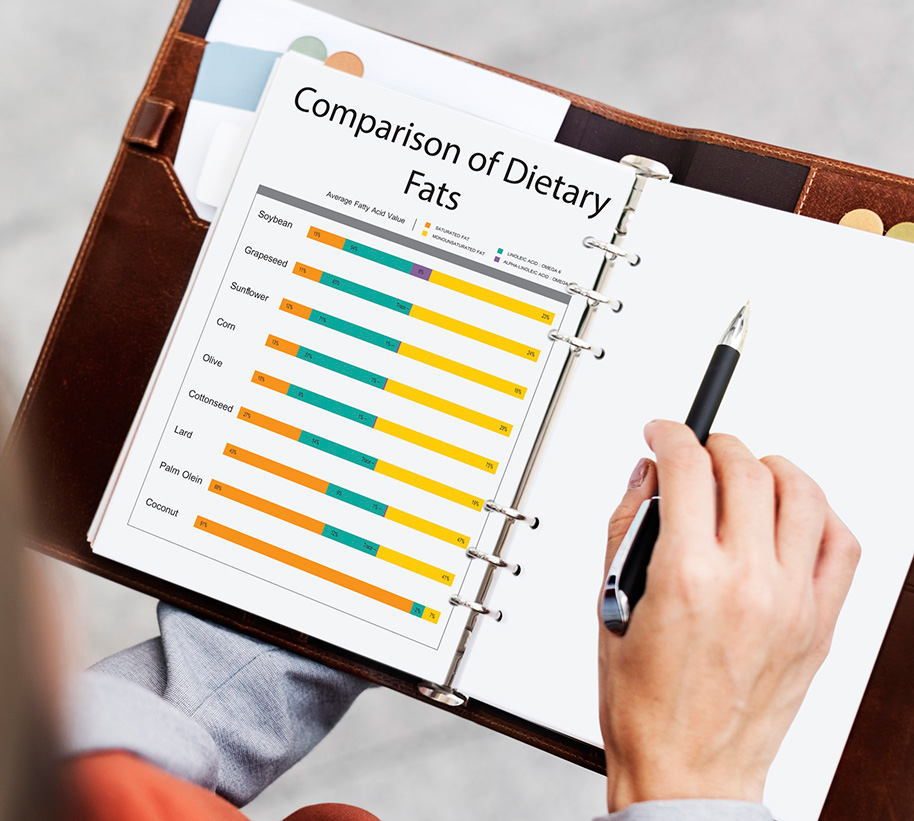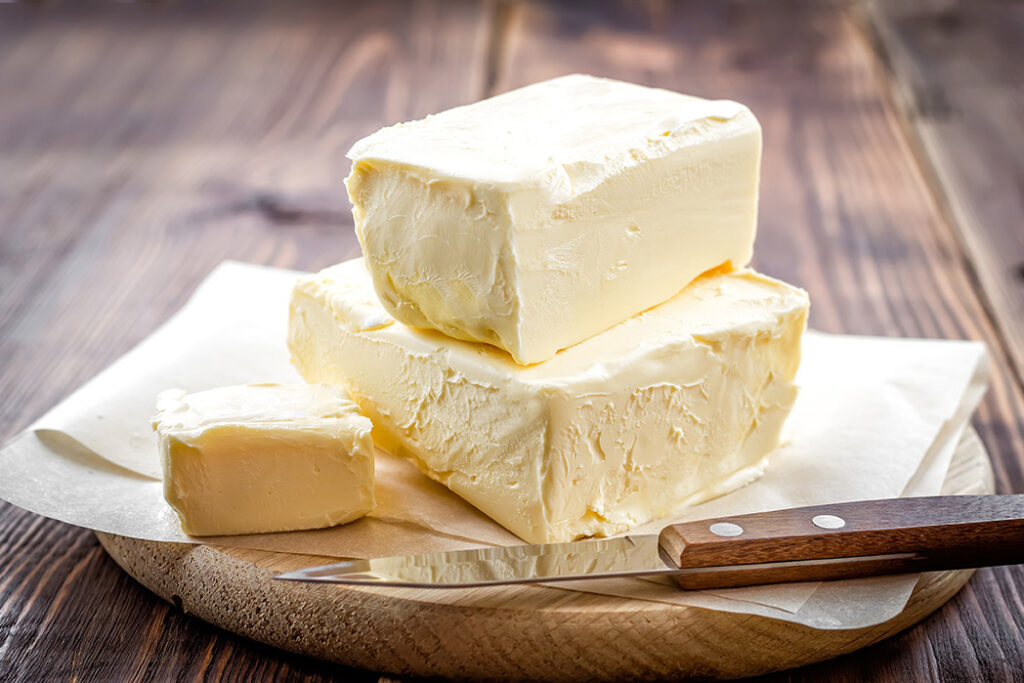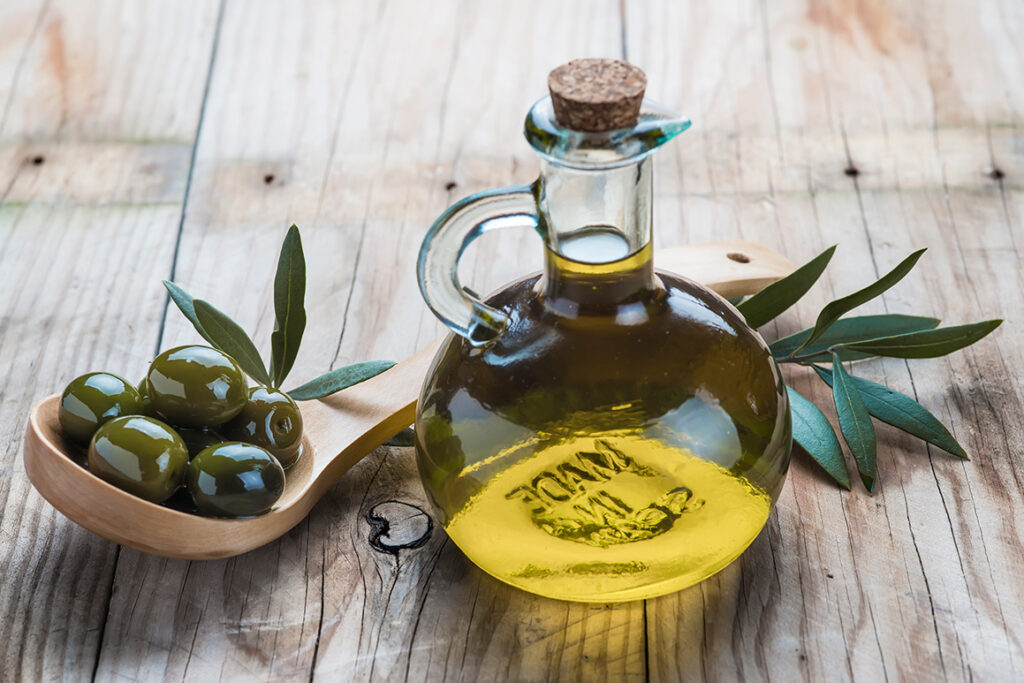
If you’re trying to lose weight, you may be used to thinking of fats in your diet as something you want to avoid. But not all fats are the same. In fact, you can enjoy the benefits of healthy fats with a certain diet.
Fat provides your body with energy, and it also helps support some of your body’s important functions. For example, some vitamins ¬– such as Vitamins A, D, E and K – need fat in order to dissolve so they can be used by your body.
Most people, however, eat too many unhealthy fats. Finding ways to work more healthy fats into your diet can help improve your overall health.

Types of unhealthy fats
Unhealthy fats can be divided into two main types:
Saturated fats
These fats are found in animal-based foods like meats, poultry, butter and cheese, as well as in many baked and processed foods. These fats have been linked to an increase in total and LDL (“bad”) cholesterol levels as well as an increased risk of cardiovascular disease and type 2 diabetes. Some studies have found that this type of fat may not be as harmful as first thought, but even so, cutting back on these types of foods can improve your health if you replace them with foods containing healthy fats.
Trans fats
Trans fats are found in hardened vegetable fats such as stick margarine, and foods such as baked goods, french fries and crackers. They can increase your LDL (“bad”) cholesterol and lower your HDL (“good”) cholesterol.

Types of healthy fats
Monounsaturated fats
This type of fat reduces inflammation and the risk of cardiovascular disease. It’s full of healthy nutrients – including vitamin E – and raises your HDL cholesterol while lowering your LDL cholesterol.
Good sources of monounsaturated fats include the following:
- Canola oil
- Olive oil
- Peanut oil
- Avocados
- Olives
- Nuts such as almonds, Brazil nuts, cashews, pecans and hazelnuts
- Seeds such as sesame seeds and pumpkin seeds
- Natural peanut butter
Polyunsaturated fats
This type of fat is found mostly in plant-based foods and oils, and can help lower your total cholesterol level. It includes omega-3 and omega-6 fats, which are essential fatty acids that your body needs for cell growth and brain function. Your body doesn’t make essential fatty acids, so it has to get them from food.
Omega-3 fatty acids
Omega-3s can help lower cholesterol levels and support heart health. They’re found in the following foods:
- Fatty fish including salmon, sardines and albacore tuna
- Walnuts
- Green leafy vegetables
- Flaxseed or flaxseed oil
- Canola oil
- Soybean oil
- Eggs from chickens that are given feed
Omega-6 fatty acids
Omega-6 scan help control your blood sugar, lower your blood pressure and reduce your risk of developing diabetes. However, most people get too much omega-6 and not enough omega-3. Too much omega-6 can raise your blood pressure and cause cardiovascular issues such as heart attacks and strokes.Vegetable oils are the largest source of omega-6 fatty acids for most people.
We encourage you to start incorporating some of the mentioned food items into your diet to see the benefits of healthy fats. If you’re looking for more ways to create a healthier body, contact BMI of Texas.

